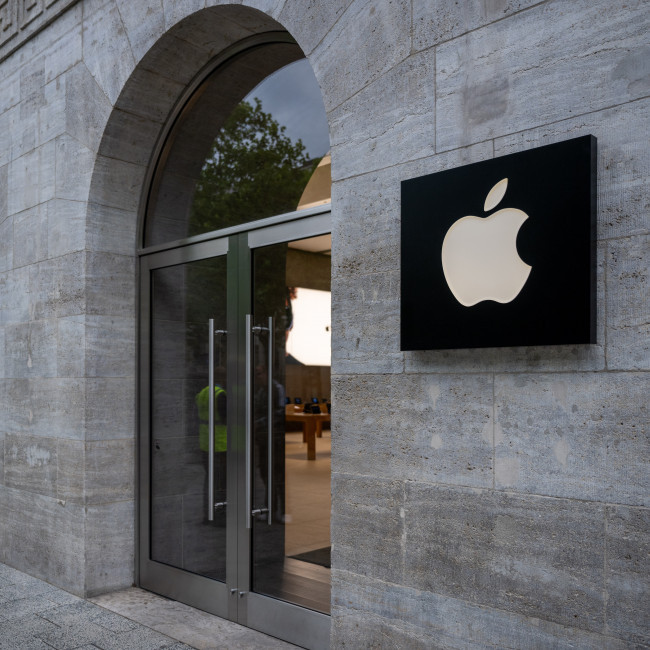Apple is set to close a retail store in China for the first time, marking a significant shift in its operations within a key market.
Apple is set to close a retail store in China for the first time ever.
The Cupertino company confirmed that it will shutter its Parkland Mall store in the Zhongshan District of Dalian City on August 9, citing changes at the shopping complex that have led to a decline in other retailers renewing their leases.
In a statement given to Bloomberg, Apple said: “We’re always focused on providing an exceptional experience for all of our customers both online and at more than 50 Apple Store locations across Greater China.
“Given the departure of several retailers at the Parkland Mall, we have made the decision to close our store there.”
Employees from the closing store will be offered roles at nearby Apple locations, including the Olympia 66 store in Dalian.
Apple currently has around 56 stores in Greater China, accounting for over 10 per cent of its 530-plus global outlets.
While this closure marks a rare retreat for Apple, the company is still expanding elsewhere, with a new store opening at Uniwalk Qianhai in Shenzhen on August 16, and additional locations planned for Beijing and Shanghai over the next year.
The decision to close the Parkland Mall location comes as China faces economic headwinds, including deflationary pressures, slowing retail sales, and declining home prices.
Apple’s sales in China fell 2.3 per cent to $16 billion in the second quarter of 2025, missing analysts’ expectations of $16.8 billion.
The company has recently returned to growth in China, even as Huawei has reclaimed its No. 1 spot in the country’s smartphone market, underscoring the competitive landscape Apple faces.
Globally, Apple’s retail strategy is shifting, with fewer new physical stores and greater emphasis on online expansion.
The company also announced plans to close its store in Bristol, UK, and other locations in Michigan and near Sydney, Australia, as part of a broader review of its retail portfolio.
Apple to close store in China for the first time








